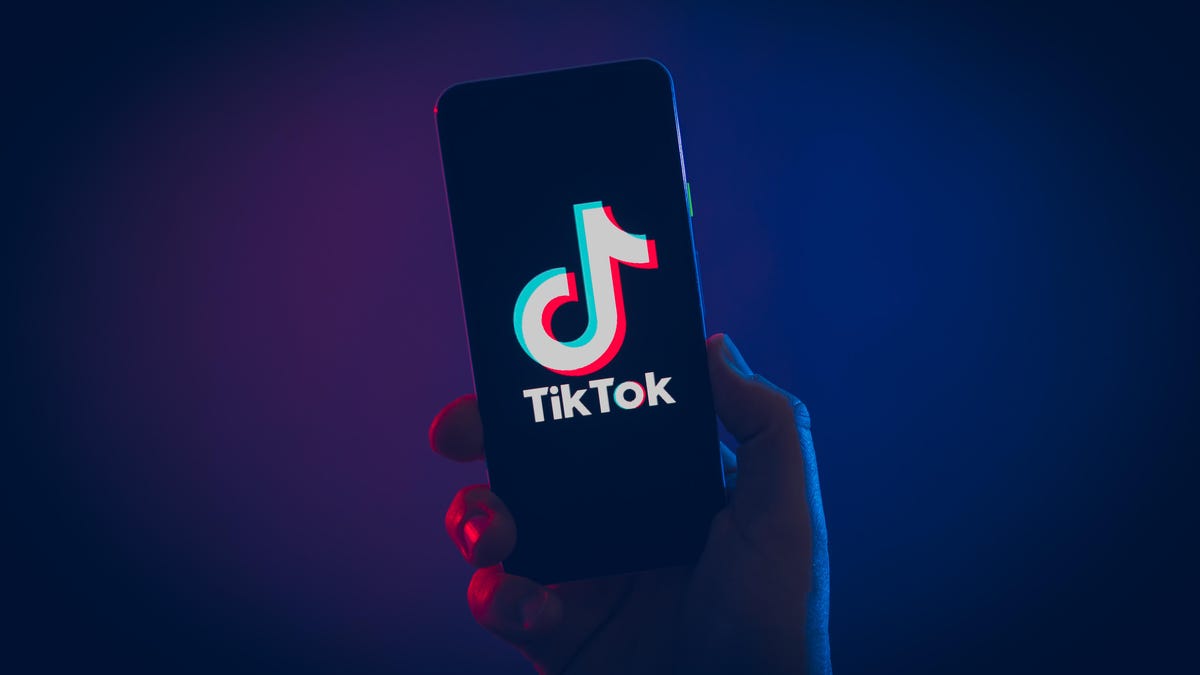TikTok now has a content advisory panel
A panel of tech and safety experts will help TikTok shape content policy.

TikTok's content advisory council will help it shape policy.
TikTok announced its new content advisory council Wednesday, saying the panel will help shape policies for the video-sharing app. The council includes tech and safety experts, according to the Chinese-owned social media platform, and all have expertise in areas like misinformation, hate speech, child safety or bullying.
" TikTok is a place where everyone's creative side is welcome," the company said in a statement. "We will call upon our council to provide unvarnished views on and advice around TikTok's policies and practices as we continually work to improve in the challenging area of content moderation."
Earlier this week, TikTok was called out for telling its content moderators to suppress videos from users deemed to be too ugly or poor, according to internal documents published by The Intercept. Videos were prevented from reaching the For You page if they were from users with scars, wrinkles, fangs or beer bellies -- or videos filmed in a "shabby and dilapidated" place. Political posts were also suppressed, according to the documents.
Last week, TikTok said it will open a transparency center at its office in Los Angeles as part of its effort to "deepen our engagement with, and earn the trust of, our community as well as policymakers and the broader public."
The council includes Hany Farid, a deepfake expert from UC Berkeley; Mary Anne Franks, a discrimination, safety and online identity expert from University of Miami Law School; Dawn Nunziato, a free speech and content regulation expert and chair of George Washington University Law School; Vicki Harrison, a social worker from Stanford Psychiatry Center for Youth Mental Health and Wellbeing; Rob Atkinson, a tech policy expert from the Information Technology and Innovation Foundation; David Ryan Polgar, an expert in tech ethics from All Tech Is Human; and Dan Schnur, an expert on political communications from USC Annenberg Center on Communication and UC Berkeley Institute of Governmental Studies.
The panel plans to hold meetings with US leaders.
TikTok, a social media platform where users post short videos, was the most downloaded app of 2019 with more than 700 million downloads. But US politicians argued the Chinese-based company could pose a national security threat, and kicked off an investigation.
The US Army banned TikTok from government phones after Pentagon guidance and a similar ban by the US Navy. TSA stopped using TikTok videos in its social media posts last month.

